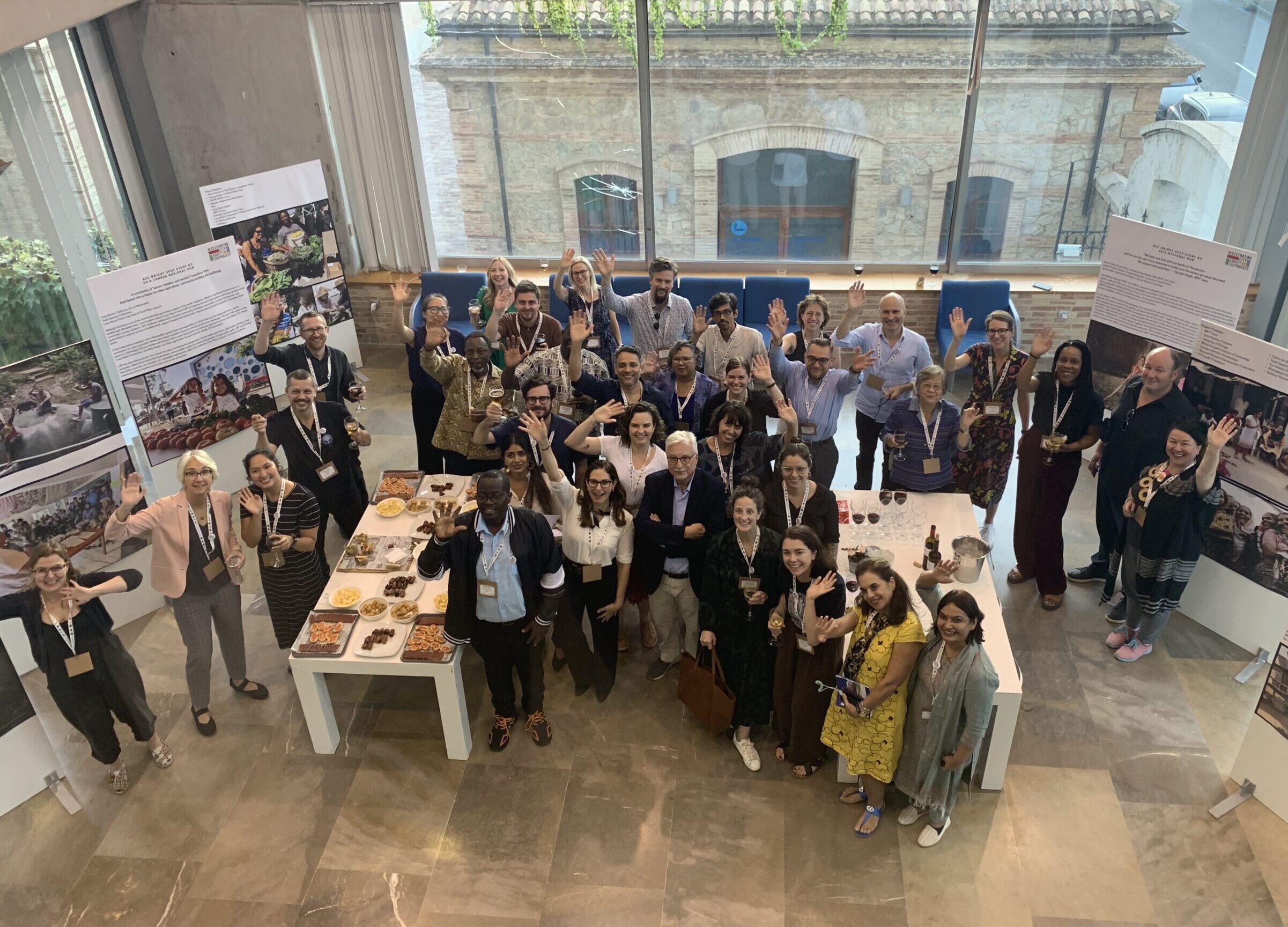As partners on the Change Stories project, we have different motivations and expectations for our participation in this research collaboration. Our diverse backgrounds and perspectives influence our understandings of how urban change can support sustainability and equity. If our project resonates with you, we hope that you will find ways to engage with us through research or sharing the “change stories” that emerge from our project.

How we work
Researchers are exploring the historical, social, political, economic and cultural context in which each city’s transformation occurred. Using participatory and ethnographic methods, including storytelling, the team will seek out the “change stories” in each city. Local and global partners will study and share these stories to spark learning in other places.
We are studying “stories of urban change that are inclusive. Not only that they are told by people who have been normally ignored, but also that they are stories of change that benefits these people” explains Sergio Montero, project collaborator and Associate Professor at University of Toronto. Through Change Stories, we are establishing new types of relationships between academic and community-based partners, centering joy and respect for diverse knowledge in our work.
Beyond the problem
We began this project with the shared view that few cities have surpassed standard development practices toward healthy, equitable and sustainable models, and where this has occurred, the full story has not been told. The project is founded in the idea that we can learn from cities that have broken this mold by providing services and infrastructure that support health, equity and the environment. In collaboration with an international advisory group, we started by screening potential case study cities and developing a methodological approach for our research.
Leading cities
Finding cities that have disrupted typical models of development is hard because this is rarely done and not everybody agrees that promising examples are worthy of replication – there are no “perfect” examples. From a decolonial perspective, some of our advisory group members challenged our ideas about what sustainable and equitable development would look like and whether we would recognize it. Through collaborative and participatory research methods, we eventually identified partnerships in three case study cities for this research.
A key stage in this process was a workshop held in partnership with the International Society for Urban Health (ISUH). Roughly 35 people from our advisory group and members of the ISUH Accelerating City Equity project held detailed discussions on short-listed cities, providing valuable perspectives from people who had experience living or working in those cities.

Global learning
Through ethnographic and participatory research approaches, we are exploring the narratives and cultures that upended and reshaped harmful structural determinants of health in the project’s case study cities of Belfast, Belo Horizonte and Bogotá. The research team based in each case study city will lead data collection, analysis and interpretation, using participatory and ethnographic methods. By “data”, we mean the stories that people tell us about their city. Partners based in the USA and Canada will gather data across cities to produce transferable learnings and novel contributions to sustainable and equitable urban development theories.
Storytelling is at the core of this research. With participants’ permission and collaboration, we will share each city’s “change stories”, with support from skilled storytellers. Through intentional communication efforts, we hope that the stories told through this project will open up new possibilities, dialogues and perspectives for the problems facing cities in the U.S. and globally.